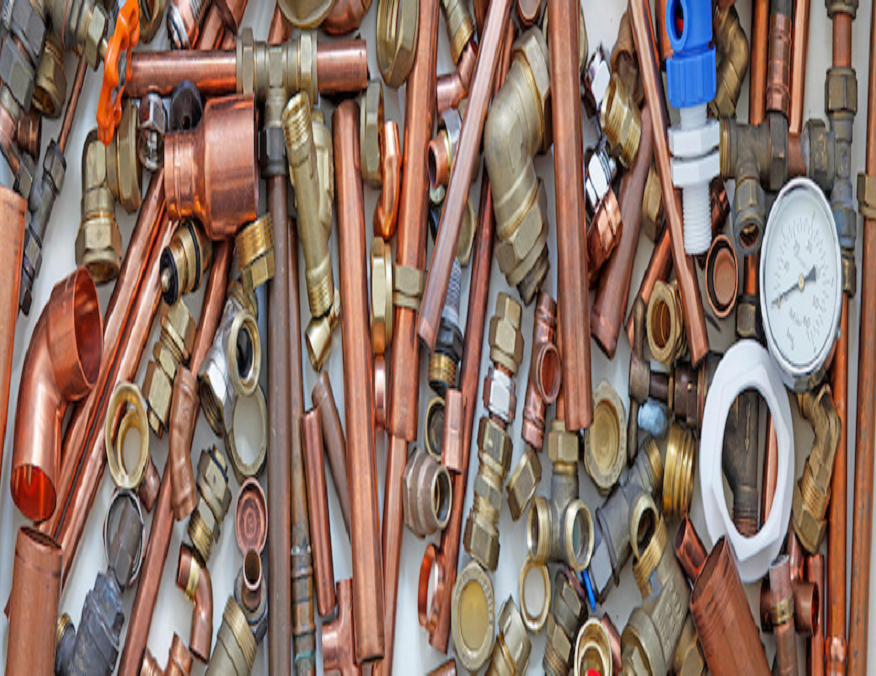5 Things You Should Know About Forensic Plumbing
Plumbing systems are an integral part of buildings and infrastructure, and when problems arise, they can lead to significant property damage, insurance claims, or even criminal activities. Forensic plumbers utilize their knowledge of plumbing systems, water flow patterns, and defect analysis to piece together the puzzle and provide valuable information for investigations.
Here are five key things you should know about forensic plumbing.
1. Definition and Scope
Forensic plumbing involves the examination and analysis of plumbing systems to gather evidence for legal investigations, insurance claims, or other forensic purposes. It encompasses a wide range of areas, including determining the cause and origin of plumbing-related incidents, identifying plumbing defects or failures, and evaluating water damage.
Forensic plumbers are highly trained professionals with a deep understanding of plumbing systems, codes, standards, and practices. They possess knowledge in areas such as plumbing design, materials, installation methods, hydraulics, water supply systems, drainage systems, and backflow prevention.
2. Role in Investigations
Forensic plumbers are responsible for identifying the cause and origin of plumbing failures or incidents. They thoroughly investigate the plumbing system, examining pipes, fixtures, valves, drainage systems, and other components to determine what factors contributed to the incident.
They visit the site of the incident to conduct detailed inspections. They assess the condition of the plumbing system, look for signs of damage or failure, and gather evidence that can help establish the cause and extent of the problem.
These experts create comprehensive reports documenting their findings, methodologies, and conclusions. These reports are crucial for providing a clear and objective account of the investigation, and they may be used as evidence in legal proceedings.
3. Water Flow and Damage Analysis
One of the primary tasks of forensic plumbers is to analyze water flow patterns and identify any irregularities or anomalies. By examining the extent and direction of water damage, they can reconstruct events and determine factors such as the source of a leak, the severity of flooding, or the spread of water-borne contaminants.
Water flow analysis is the process of examining the movement of water through plumbing systems and identifying any irregularities or issues that may have contributed to water-related incidents. It involves analyzing the volume, pressure, velocity, and direction of water flow.
Water flow analysis plays a crucial role in detecting and locating leaks within plumbing systems. By examining water flow patterns and pressure variations, forensic plumbers can identify areas of potential leaks and pinpoint their exact source.
4. Investigating Plumbing Defects
Forensic plumbers are skilled in identifying plumbing defects or failures that may have contributed to an incident. This can include faulty pipe installations, improper drainage systems, substandard materials, or inadequate maintenance. By examining the plumbing system and its components, they can provide insights into how these issues may have contributed to a problem.
5. Collaboration with Other Experts
Forensic plumbing often requires collaboration with other forensic experts, such as fire investigators, structural engineers, or mold remediation specialists. Working together, these professionals can provide a comprehensive analysis of incidents, helping to determine causation, liability, and appropriate remediation measures.
Overall, forensic plumbing is a valuable and specialized field that combines the practical understanding of plumbing systems with the meticulousness of forensic analysis. It serves as a bridge between plumbing and forensic science, offering valuable insights into complex investigations and contributing to the resolution of various types of cases.

